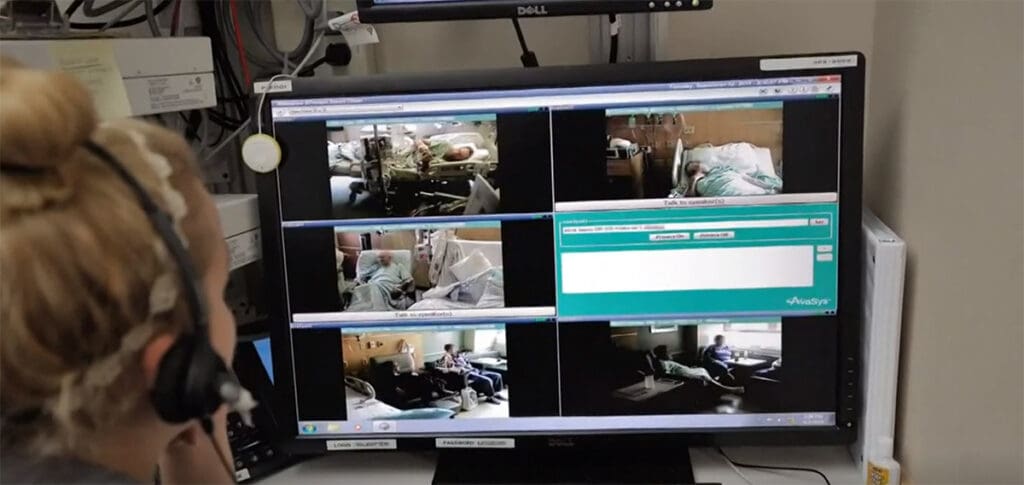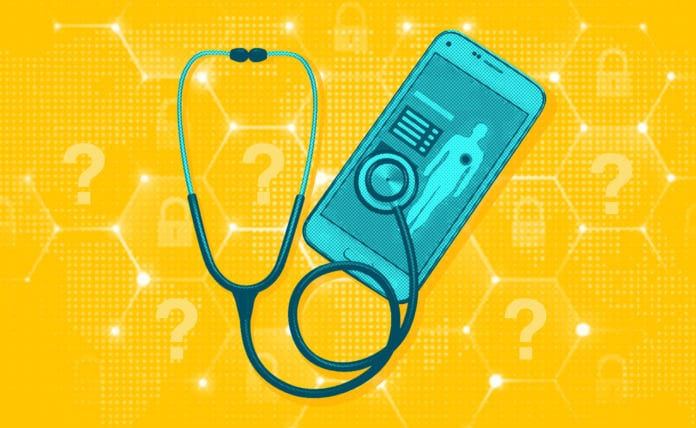‘We are on a collision course’: As virtual care booms, experts call for new health data privacy protections

A drop in your daily step count. A missed period. A loss of hearing. If it’s collected by a smartwatch or wearable, that health data isn’t protected the same way your medical records are. And as wearables like smartwatches and headphones sweep up an increasing amount of health data — flagging potential medical issues that […]
Telehealth is ready for its second dose – introducing virtual care 2.0

While 2020 incited widespread adoption of video-based consultations, the healthcare ecosystem is now presented with a new mandate of delivering virtual care at scale. Fortunately, there are some companies up to the task.
Three Common Characteristics Among Virtual-First Health Plans

Although payers are still exploring how to best use virtual care and telehealth technologies, virtual-first health plans have started to develop a couple of consistencies.
USDA Invests $42 Million in Distance Learning and Telemedicine Infrastructure to Improve Education and Health Outcomes

Investments Will Benefit 5 Million Rural Resident
Telemedicine use in Japan still at a nascent stage

The uptake of telemedicine is still at infancy stage in Japan compared to other countries in Asia such as China and Singapore.
VR and AR Simulation Medical Training Can Reduce Medical Errors

by Adam Dougherty, MD, MPH Chief Medical Officer, SimX Human error is an inevitable event in the practice of any trade, including healthcare and medicine. The errors made in medicine can have many negative effects for patients and healthcare providers. A study out of Johns Hopkins in 2016 found that medical errors accounted for over 250,000 […]
These were the specialties that used telehealth the most in 2020: study

by Robert King Endocrinologists and gastroenterologists were the specialty clinicians that used telemedicine the most last year during the onset of the pandemic, a new study found. The study, released Tuesday in the journal Health Affairs, gives a look at who flocked to telemedicine from January to June 2020 and what types of patients employed the technology. The COVID-19 […]
Virtual care to become ‘new normal’ throughout GCC countries

Experts forecast a sea change in the way healthcare is administered in the Middle East. They predict that virtual care solutions, which came to the fore during the pandemic, will remain at the forefront even after the situation has died down.
Experts say telehealth and virtual medicine are the future of healthcare

Grand Rapids based technology company AvaSure is creating the hospital patient room of the future
Telemedicine Is Growing, But Is Security Lagging Behind?

While telehealth has undeniable strong points, there are still vulnerabilities in its adoption. One of the greatest is the ongoing battle to ensure the secure transfer and storage of patient medical records and personal data. Here are some of the top security concerns facing telemedicine and why its success hinges on our ability to overcome these challenges.
